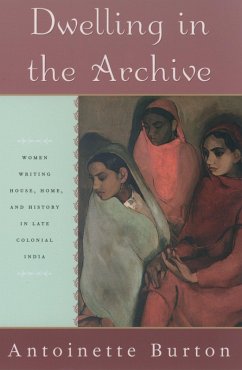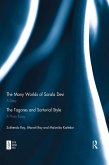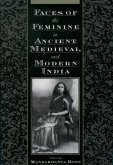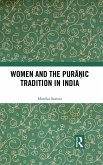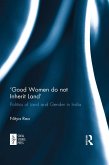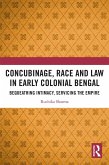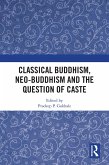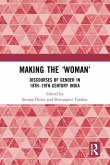Dwelling in the Archives uses the writing of three 20th century Indian women to interrogate the status of the traditional archive, reading their memoirs, fictions, and histories as counter-narratives of colonial modernity. Janaki Majumdar was the daughter of the first president of the Indian National Congress. Her unpublished "Family History" (1935) stages the story of her parents' transnational marriage as a series of homes the family inhabited in Britain and India -- thereby providing a heretofore unavailable narrative of the domestic face of 19th century Indian nationalism. Cornelia Sorabji was one of the first Indian women to qualify for the bar. Her memoirs (1934 and 1936) demonstrate her determination to rescue the zenana (women's quarters) and purdahashin (secluded women) from the recesses of the orthodox home in order to counter the emancipationist claims of Gandhian nationalism. Last but not least, Attia Hosain's 1961 novel, "Sunlight on Broken Column" represents the violence and trauma of partition through the biography of a young heroine called Laila and her family home. Taken together, their writings raise questions about what counts as an archive, offering us new insights into the relationship of women to memory and history, gender to fact and fiction, and feminism to nationalism and postcolonialism.
Dieser Download kann aus rechtlichen Gründen nur mit Rechnungsadresse in A, B, BG, CY, CZ, D, DK, EW, E, FIN, F, GR, HR, H, IRL, I, LT, L, LR, M, NL, PL, P, R, S, SLO, SK ausgeliefert werden.

